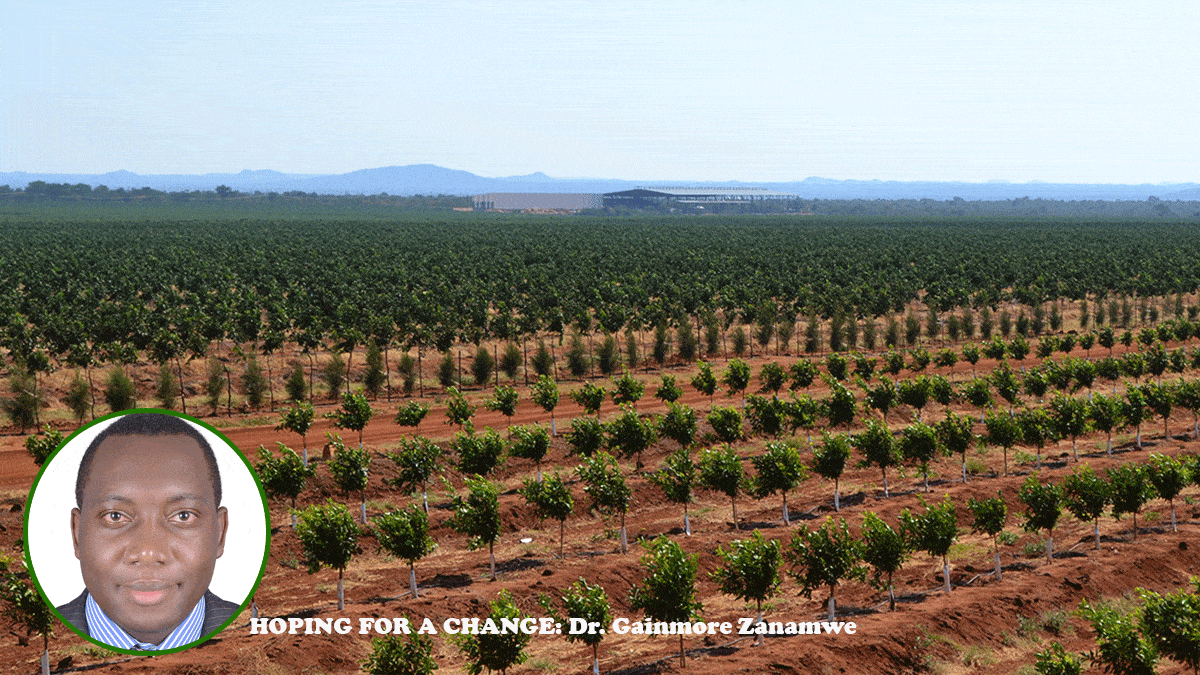Afreximbank to inject $10 billion into African free trade
African Export-Import Bank(Afreximbank) has set aside $10 billion to support all African countries which have ratified the African Continental Free Trade Area (AfCFTA).
With the money set to be injected in a pool fund, the adjustment fund will be available for access by AfCFTA countries to reduce the impact of eliminating tariff revenue. As a result, Botswana having ratified the AfCFTA is expected to benefit from the fund with a further projected $3 trillion borderless market which could be instrumental in reversing current trends in poverty, inequality and growth on the continent, and help place Africa on an inclusive and sustainable growth path.
The fund is a critical instrument in the realization of the AfCFTA as it will help countries to implement agreed protocols and support African companies to retool for effective participation in the new trading regime. Therefore, the AfCFTA adjustment fund will support AfCFTA states to adjust smoothly to the new liberalized and integrated trading environment established under the AfCFTA agreement by mitigating the potential adverse impacts of AfCFTA-induced tariff revenue losses.
Further the Fund will help to address the infrastructure deficits and supply chain bottlenecks to the implementation of the African Continental Free Trade Agreement. According to Afreximbank Bank director- Trade Facilitation and ITAF, Dr Gainmore Zanamwe, it is time for Africa to be united and take its destiny to greater heights through intra trade.
“If we don’t know and trust each other, there is no how we can do business together. We have heard a lot of people saying infrastructure is the problem but right now we are pushing trade with the globe as Africa, so we are actually trading more than 80 percent with everyone else except ourselves. In our analysis we discovered that this is all about access to trading market information. We will be focused on collaborations rather than competing with each other for the mineral resources and agricultural produce abroad without value addition,” said Zanamwe at the Intra-African Trade Fair 2023 Botswana Road Show in Gaborone last Friday.
Presently, intra Africa trade stands low at just 14.4% of total African exports. United Nations Conference on Trade and Development (UNCTAD) forecasts show that the AfCFTA could boost intra Africa trade by about 33 percent and cut the continent’s trade deficit by 51 percent. As of 2022,the state of Europe intra trade was 57.7 percent against extra trade of 42.3 percent.
Though goods from the SACU region are only charged value added tax, Botswana is expected to rake in P25 billion in revenue from SACU region in the current 2023/24 financial year.

Speaking at a panel discussion under the theme: “Unlocking opportunities under the AfCFTA for Botswana manufacturers, exporters, investors and key trade and investment players”, Botswana Investment and Trade Centre (BITC) Executive Director Export Development and Promotion, Temo Ntapu, said they have developed a national export strategy which has outlined areas of where the country can do well .
“Mineral sector plays an important role and we haven’t gotten full value of our mineral resources in terms of beneficiation. So it’s key for Botswana to move up the value chain to unlock more opportunities from this particular sector. In terms of agricultural space we have new products coming up from Selebi Phikwe Citrus which we are expecting its first yield in January, 2024 and exporting our financial services. So we are encouraging all companies to set up head offices here to benefit from our favourable framework of incentives which comes with having operations here. As African countries we are not trading with each other, which means we are exporting raw materials therefore losing a lot,” said Ntapu .
AfCFTA started in 2018 and $32 billion worth of trade deals were sealed as a way of catalyzing African trade to move it from 15 percent to a higher level where it can create and sustain jobs for the continent. Since inception, Afreximbank has disbursed more than $20 billion to facilitate and finance intra-African trade with plans to double that to 40 billion between 2022 and 2026.













